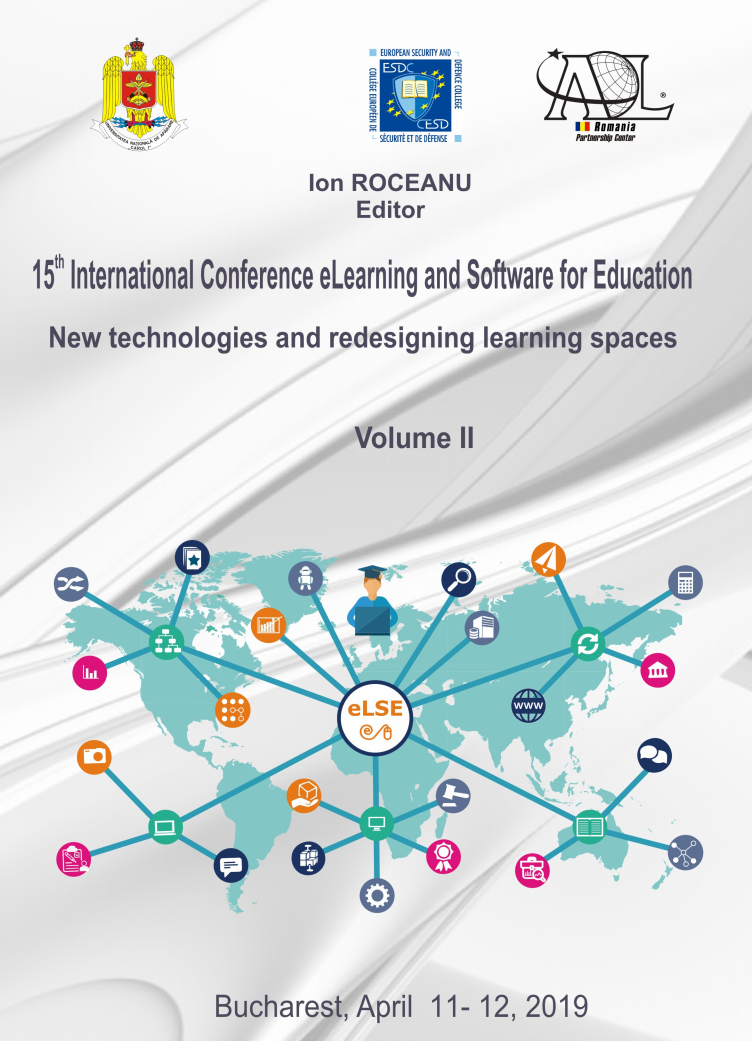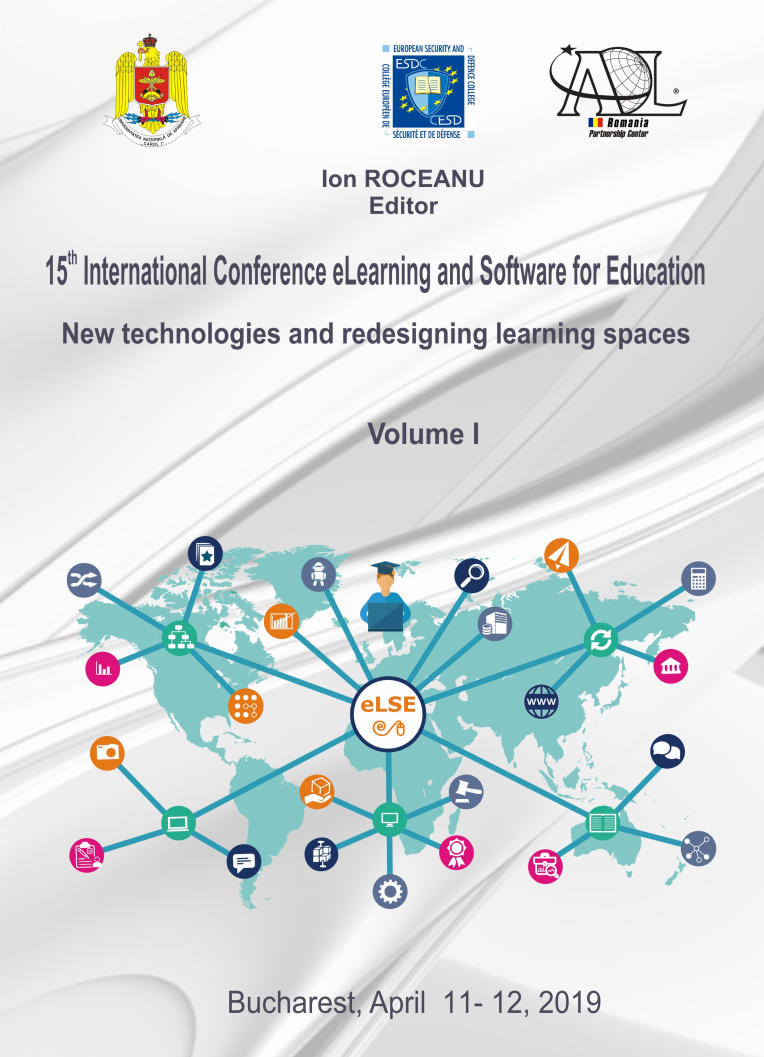
Student perception and learning in on-line learning platforms
Previous research showed that information quality, system quality, and service quality affect perceived usefulness and the perceived ease of use for educational platforms (Tsai, YY., Chao, CM., Lin, HM. et al. Qual Quant, 2018); other authors debate on how they adopt and embed technology into their learning activities (Moreno V, Cavazotte F, Alves, I, 2017); students' perceptions regarding the usefulness and easiness of positive use for e-learning platforms is strongly influenced by their intention to effectively use those platforms and by students' cognitive absorption and self-efficacy, as well as by system interactivity and facilitating conditions. Our research is focused on empirical observation that suggests that there is a perceived difference between learners competencies and effectiveness regarding the on-line learning platforms than the regular frequency study programs. To this respect we focused on the same type and content bachelor degree study programme in 2 versions: distance learning using on-line learning platforms (with a small part of face-to-face tutorials) than full-time learning (based on face-to-face study courses and seminars). We were interested in perception and student consciousness on difference between those 2 students groups. The main assumption is that student identity is built around the perception on the learning environment and the perception on effectiveness in bachelor degree programs; so that, the easiness and level of satisfaction on learning on-line tools could be an impediment on understanding and choosing the distance learning programme than full-time learning programme. So, we put the two perception and identity student awareness is different in the 2 bachelor degree programmes; also, we put those identity awareness structures into the light of comparison so that conclusions towards quality perception and educational marketing would be more effective and valuable.
More...
